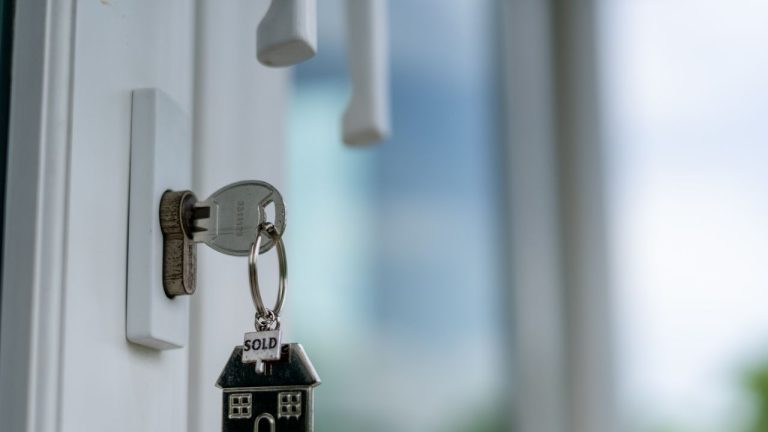Buying a flat, whether for personal use or as an investment, is a significant decision that involves considerable financial planning and market research. Potential buyers often face challenges in navigating the complex property market, understanding financial implications, and choosing a flat that meets their needs and budget. The process can be daunting, especially for first-time buyers or those unfamiliar with the ever-changing real estate landscape.
The Solution: Navigating the Flat Buying Process with Confidence
Imagine unlocking the door to a flat that not only meets your expectations but also aligns with your financial goals. This dream can be a reality with the right approach to purchasing a flat. The key is to combine thorough research, careful planning, and strategic decision-making.
Understanding the Market
Before diving into purchases, it’s essential to have a solid grasp of the current real estate market. Research the trends in property prices, demand fluctuations, and future projections in your desired location. This information can help you make an informed decision about when and where to buy.
Setting a Realistic Budget
Financial planning is crucial in the property buying process. Set a realistic budget that includes not only the purchase price but also additional costs such as stamp duty, legal fees, property taxes, and maintenance costs. Consider securing a mortgage pre-approval to understand how much you can borrow and to streamline the purchasing process.
Choosing the Right Location
The location of a flat significantly impacts its value and your quality of life. Consider factors like proximity to work, educational institutions, local amenities, transportation links, and the overall safety and appeal of the neighborhood. Future development plans in the area can also affect property values.
Assessing the Property
When viewing flats, pay attention to the layout, size, natural light, storage space, and overall condition. Don’t hesitate to ask about the building’s age, maintenance history, and any upcoming repairs or renovations. If the flat is part of a larger complex, inquire about service charges and any resident association rules.
Seeking Professional Advice
Enlisting the help of real estate professionals can be invaluable. A real estate agent familiar with your chosen area can provide insights into the best deals and neighborhoods. Additionally, hiring a solicitor or conveyancer to handle the legal aspects of the purchase can ensure a smooth transaction.
Considering Long-Term Value
If you’re buying a flat as an investment, consider its long-term rental potential and capital appreciation. Look for properties in areas with strong rental demand and the potential for property value growth.
Negotiating the Deal
Don’t be afraid to negotiate on price. The asking price is not always set in stone, and there may be room for negotiation, especially if you are well-informed about the market and the property.
The Importance of a Survey
Before finalizing the purchase, have the property professionally surveyed. This can uncover any structural problems or necessary repairs that could affect the value or future costs.
Conclusion: A Path to Your Ideal Flat
In conclusion, buying a flat is a journey that requires careful consideration and strategic planning. By understanding the market, setting a realistic budget, choosing the right location, and seeking professional advice, you can make a well-informed decision. Remember, purchasing a flat is not just a financial investment but a step towards a desired lifestyle and future. With the right approach, you can navigate the complexities of the property market and find a flat that meets both your needs and aspirations.v




